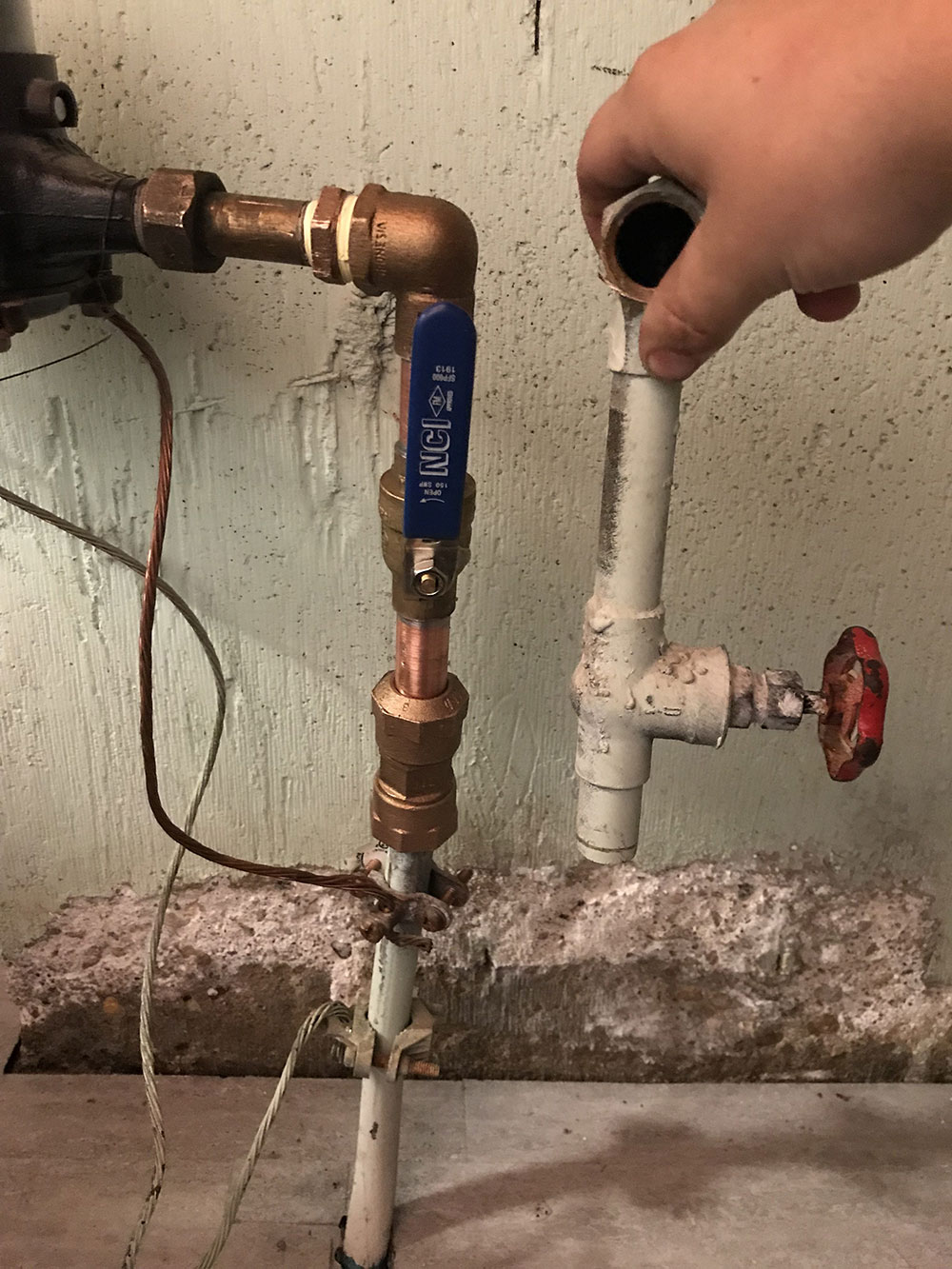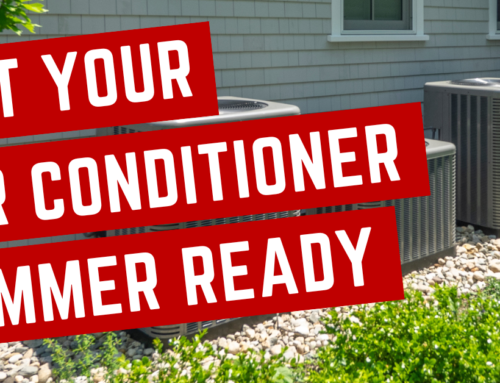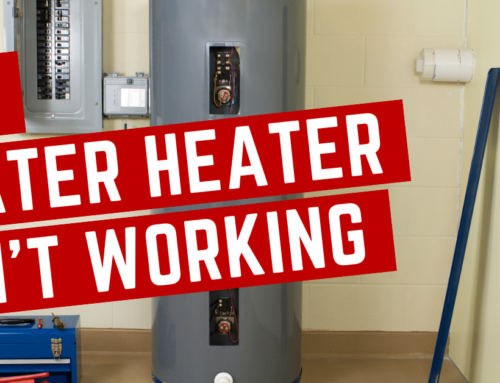Temperature drops in Regina happen often and without warning. Waterlines exposed to these temps are easily susceptible to freezing and cracking. Consider yourself lucky if you have never experienced an out-of-the-blue waterline burst. A burst 1/2” waterline can spew over 15 gallons of water a minute. The initial realization of the aquatic massacre happening within your home. Your anxiety is through the roof but you calm your nerves enough to move to your home’s main water shut off. You try and turn it, it doesn’t turn. You scramble for for a set of pliers and slowly the valve begins to close. You soon see the water stream slowly die down, thanking your lucky stars the valve fully closed.
A situation similar to this happened to my sister. She called me frantically one afternoon, water was flowing down into the basement, “what do I do?!”. She’s in Calgary and I’m in Regina so I talked her through it on the phone. She couldn’t find the valve. What does it look like? Where would it be? She never even thought about this stuff before. When she finally found the valve it was stuck and refused to move. She had to run next door and luckily the neighbour was home to help her out before it was too late.

Would you want to trust your home security to a valve half buried under concrete?
I’ve always considered the main water shut off the most important plumbing fixture inside any building. Its the last line of defense when emergencies happen This valve controls the flow of water incoming from the city to your home’s waterlines. Their location can vary house to house. Often located in the basement, they may be found near the front wall of your home, or in the mechanical room. But they can also be found in closets, under cabinets, almost anywhere. If you are not sure where yours is, take a couple minutes right now to find it.
Go ahead….I’ll wait.
*author patiently waits*
You found it? Awesome, let’s continue.
Old gate valves are the worst for leaks. This was the most common used type of main water valve for decades. These valves can be prone to leaking over time due to oxidization, failed packing bonnets, etc. They may sit for years on end without ever getting turned. Then when they’re needed, can be almost nearly impossible to turn by hand. And as any plumber will tell you, the valves that refuse to turn are guaranteed to be the ones that leak. That’s why we replace them with much simpler 1/4 turn ball valves. They are much more durable than their gate style counterparts.

Out with the old, in with the new
Circling back to our opening scenario, how would it make you feel watching your basement flood before your eyes. Carpet soaked, valuables destroyed, it can be very depressing. That’s why I always urge homeowners to proactively replace their main water valve on their terms, not the valve’s.
When you add up the time and expenses that go into an insurance claim and the headache that can come with re-finishing a previously finished basement it’s a much more cost effective strategy to both you and your home’s well being to replace the valve ASAP.







Leave A Comment